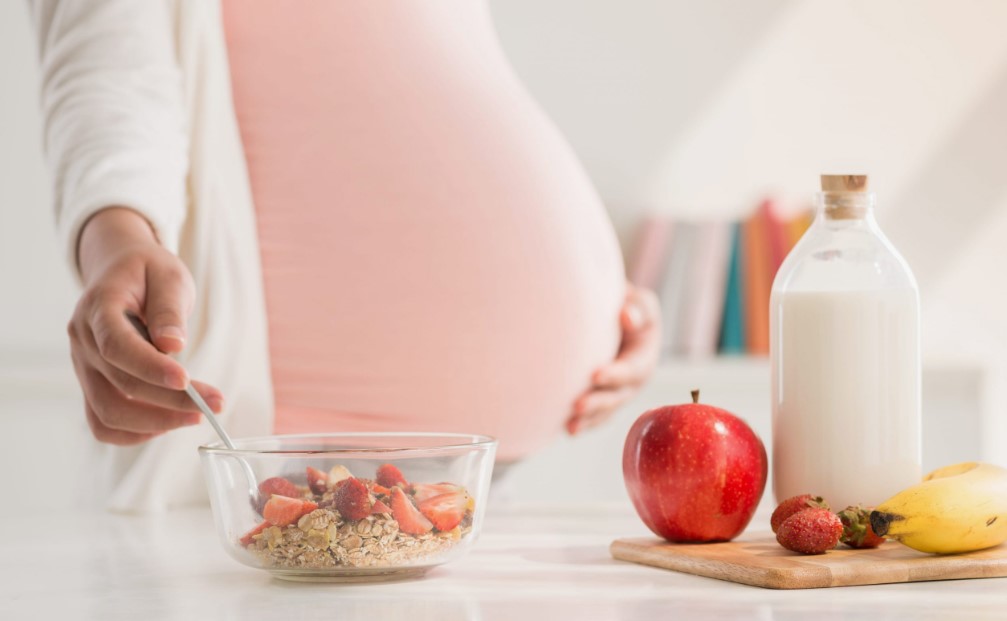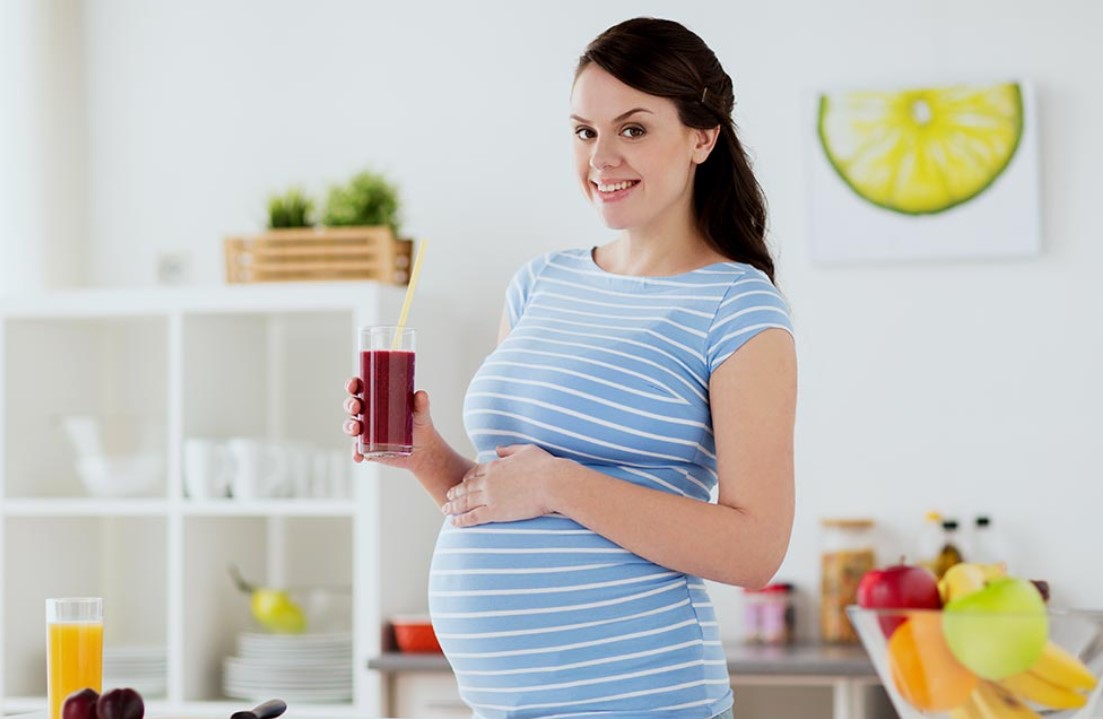Incorporating traditional Emirati foods into a pregnancy meal plan can provide a nutritious, balanced diet that respects cultural heritage while ensuring the health and well-being of both the mother and the developing baby. Traditional Emirati cuisine is rich in flavors and diverse in its ingredients, offering a variety of options that can meet the nutritional needs during pregnancy. This article explores how to effectively integrate these traditional foods into a pregnancy meal plan, emphasizing their benefits and providing practical tips for expectant mothers in Dubai and the UAE region.
The Importance of a Balanced Pregnancy Meal Plan
Nutritional Needs During Pregnancy
Pregnancy significantly increases the body’s nutritional requirements. Essential nutrients such as folic acid, iron, calcium, and protein play critical roles in the development of the fetus and the health of the mother. A well-balanced pregnancy meal plan should include a variety of foods to meet these increased needs, ensuring adequate intake of vitamins, minerals, and other vital nutrients.
Benefits of Traditional Emirati Foods
Traditional Emirati foods are inherently rich in many of these essential nutrients. Incorporating these foods into a pregnancy meal plan not only provides nutritional benefits but also helps maintain cultural practices and culinary traditions. Many traditional dishes are made from wholesome, natural ingredients, offering a healthy alternative to processed foods.
Key Traditional Emirati Foods for a Pregnancy Meal Plan
1. Harees
Harees is a classic Emirati dish made from wheat and meat, typically chicken or lamb. It is a nutritious option, offering a good balance of carbohydrates and protein, essential for energy and muscle development.
Nutritional Benefits:
- Protein: Supports fetal growth and maternal tissue health.
- Carbohydrates: Provides energy.
- Fiber: Aids in digestion and prevents constipation.

2. Machboos
Machboos is a flavorful rice dish often made with chicken, lamb, or fish and seasoned with a blend of spices. It includes a variety of vegetables, adding to its nutritional profile.
Nutritional Benefits:
- Protein: Crucial for fetal development.
- Vitamins and Minerals: Derived from vegetables and spices, supporting overall health.
- Complex Carbohydrates: Provide sustained energy.
3. Balaleet
Balaleet is a traditional breakfast dish made from sweetened vermicelli, eggs, and spices like cardamom and saffron.
Nutritional Benefits:
- Protein: From eggs, supporting fetal growth.
- Carbohydrates: Provide energy.
- Antioxidants: Saffron and cardamom offer antioxidant properties, supporting immune health.
4. Saloona
Saloona is a hearty stew made with meat, vegetables, and spices. It is versatile and can be made with chicken, lamb, or fish.
Nutritional Benefits:
- Protein: Essential for growth and development.
- Vitamins and Minerals: Abundant in vegetables, supporting various bodily functions.
- Hydration: The stew’s liquid content helps maintain hydration.
5. Madrouba
Madrouba is a porridge-like dish made from rice, chicken, and a mix of spices, cooked until it reaches a creamy consistency.
Nutritional Benefits:
- Protein: From chicken, vital for development.
- Carbohydrates: From rice, providing energy.
- Spices: Offer various health benefits and enhance flavor without excess salt.
Practical Tips for Incorporating Traditional Emirati Foods
Meal Planning and Preparation
Weekly Meal Planning
Planning meals in advance can help ensure a balanced diet. Include a variety of traditional dishes throughout the week to meet different nutritional needs. This approach also helps manage grocery shopping efficiently, ensuring all necessary ingredients are on hand.
Portion Control
Maintaining appropriate portion sizes is important to avoid overeating while ensuring adequate nutrition. Traditional Emirati dishes can be hearty, so balancing portions with other food groups like fruits and vegetables is key.

Cooking Techniques
Healthier Cooking Methods
Opt for healthier cooking methods such as grilling, baking, and steaming over frying. These methods reduce the intake of unhealthy fats while preserving the nutritional value of the food.
Using Fresh Ingredients
Whenever possible, use fresh ingredients. Fresh vegetables, meats, and spices not only enhance the flavor but also provide more nutrients compared to processed or canned alternatives.
Dietary Considerations
Managing Sugar and Salt Intake
Some traditional dishes may be high in sugar or salt. Moderating these ingredients can help maintain a healthy pregnancy meal plan. For instance, use less sugar in Balaleet and opt for herbs and spices to flavor dishes instead of excess salt.
Including a Variety of Foods
A diverse diet ensures a broad range of nutrients. Alongside traditional dishes, include a variety of fruits, vegetables, whole grains, and dairy products. This diversity helps meet all nutritional needs and prevents dietary monotony.
Addressing Common Nutritional Concerns
Iron Intake
Iron is crucial during pregnancy to support increased blood volume and fetal development. Traditional Emirati dishes like Machboos and Saloona, made with meat, provide a good source of iron. Pairing these dishes with vitamin C-rich foods, such as tomatoes and bell peppers, can enhance iron absorption.
Calcium Needs
Calcium supports the development of the baby’s bones and teeth. Dairy products like yogurt and cheese can be included in traditional meals or enjoyed as snacks. Additionally, dishes like Madrouba, which may be made with milk, contribute to calcium intake.
Folate and Folic Acid
Folate is vital for preventing neural tube defects in the developing baby. Incorporate leafy greens, legumes, and fortified grains into the diet. While traditional Emirati cuisine might not always feature these foods prominently, they can be included as side dishes or snacks.
Omega-3 Fatty Acids
Omega-3 fatty acids are important for the baby’s brain and eye development. Fish-based dishes like Fish Machboos can be a valuable part of the pregnancy meal plan. Ensure the fish used is low in mercury to avoid any potential risks.
Cultural Considerations and Modifications
Respecting Dietary Restrictions
Respect any dietary restrictions or preferences, whether due to health, religious, or personal reasons. Traditional Emirati cuisine offers flexibility and can be adapted to meet various dietary needs.
Celebrating Traditional Cuisine
Embrace the cultural significance of traditional dishes while adapting them to meet modern nutritional guidelines. This approach not only ensures a balanced diet but also honors cultural heritage and culinary traditions.
Involving Family in Meal Preparation
Involving family members in meal preparation can make the process enjoyable and educational. It also ensures that meals are prepared with care and attention to nutritional details, promoting a healthy pregnancy meal plan.
Resources for Expectant Mothers in Dubai and the UAE
Local Health Authorities
Local health authorities, such as the Dubai Health Authority (DHA), provide valuable resources and guidelines for expectant mothers. These resources can offer information on nutritional needs, safe food practices, and local support services.
Nutritionists and Dietitians
Consulting with a nutritionist or dietitian can provide personalized advice and meal plans tailored to individual needs. These professionals can help integrate traditional foods into a balanced pregnancy meal plan, ensuring all nutritional requirements are met.
Community Support Groups
Joining community support groups for expectant mothers can offer additional support and shared experiences. These groups often exchange recipes, tips, and encouragement, helping mothers navigate their pregnancy journey with confidence.
Conclusion
Incorporating traditional Emirati foods into your pregnancy meal plan can be a wonderful way to nourish your body and embrace the rich cultural heritage of the region. These foods provide vital nutrients necessary for the well-being of both the mother and the growing baby. Planning meals, using fresh ingredients, and respecting dietary needs can help expectant mothers in Dubai and the UAE enjoy a nutritious and satisfying diet that reflects their cultural heritage.

Fixie owner, shiba-inu lover, record lover, reclaimed wood collector and TDC honorary member. Doing at the fulcrum of modernism and sustainability to craft experiences both online and in real life. Let’s design a world that’s thoughtful, considered and aesthetically pleasing.


